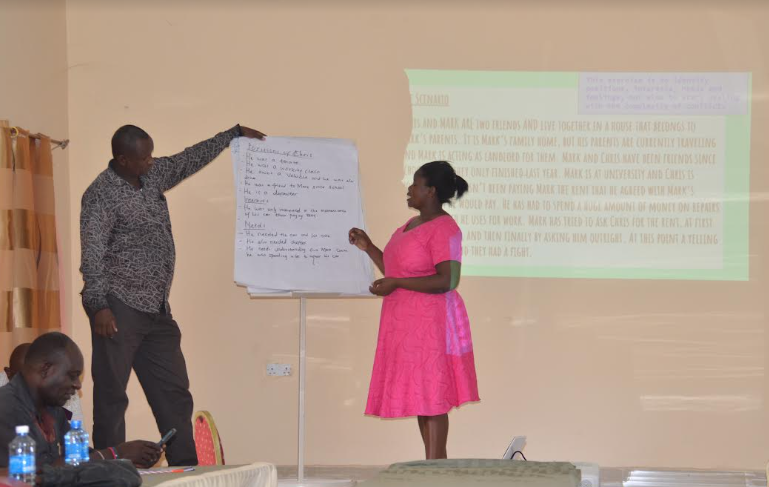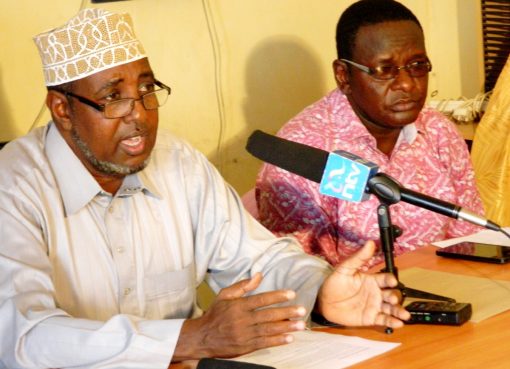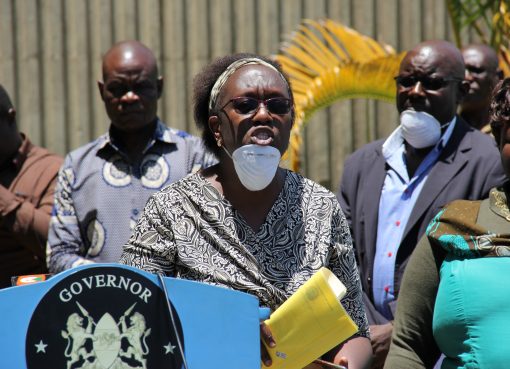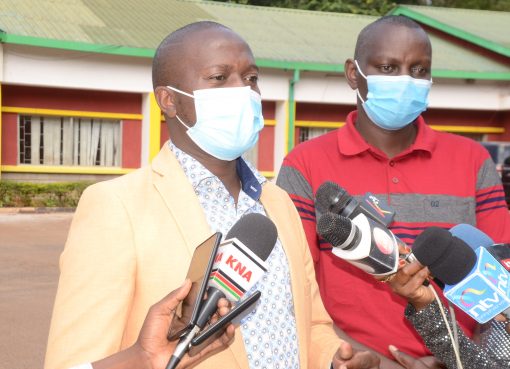Trained women mediators are calling for their involvement in conflict resolution, amid cultural constraints in Tana River.
The women were trained by a community-based organization called Tana River Peace Reconciliation and Development (TPRD) on mediation and facilitation skills.
“I have skills as a mediator and can resolve conflicts. Women should be involved in resolving disputes in the community. The council of elders excludes us even in conflicts that we can amicably solve,” said Fatuma Kitolo, Chairlady of Watta Women Community.
“We are grateful for the knowledge that we have gained. Women and children are the most affected when conflicts occur, we should be given a chance to resolve the conflicts,” she said.
Ruth Kaseme, a trained mediator said women have been disinherited their husband’s properties when disputes arise as they are not allowed to take part in the talks to resolve disputes by their traditions.
Tana River communities practice negotiated democracy, where council of elders made up of old men make decisions on the candidates that will represent their community in elective positions.
The women are pleading with the council of elders to be allowed to take part in the resolution of conflicts to avert violence.
“I am appealing to all Tana River communities to give women the opportunity, even if culture oppresses us not to be involved in the council of elder’s meetings, we should be involved in public meetings to express our opinions,’’ pleaded Rukia Kunu.
Area Assistant County Commissioner Godfrey Mwachofi acknowledges that Tana communities have been sidelining women from making decisions that affect their lives.
“We know that in our Tana River communities, women have not been prioritized in mediation and peace issues, even if you look at the composition of community councils, women are not there.
Women are excluded, but the government has been able to put in place several strategies, one of which is the peace committees, where there must be gender and youth representation,’’ said Mwachofi.
“There are challenges,” says TPRD Programme Coordinator Harrison Morowa, “when involving women because our culture doesn’t involve young people and women in decision-making matters.”
He went on: “It is paramount that they should be given the opportunity to be champions of peace. Although women can make a great contribution to ensure peace, our traditions often do not accord them the opportunity.”
By Sadik Hassan





